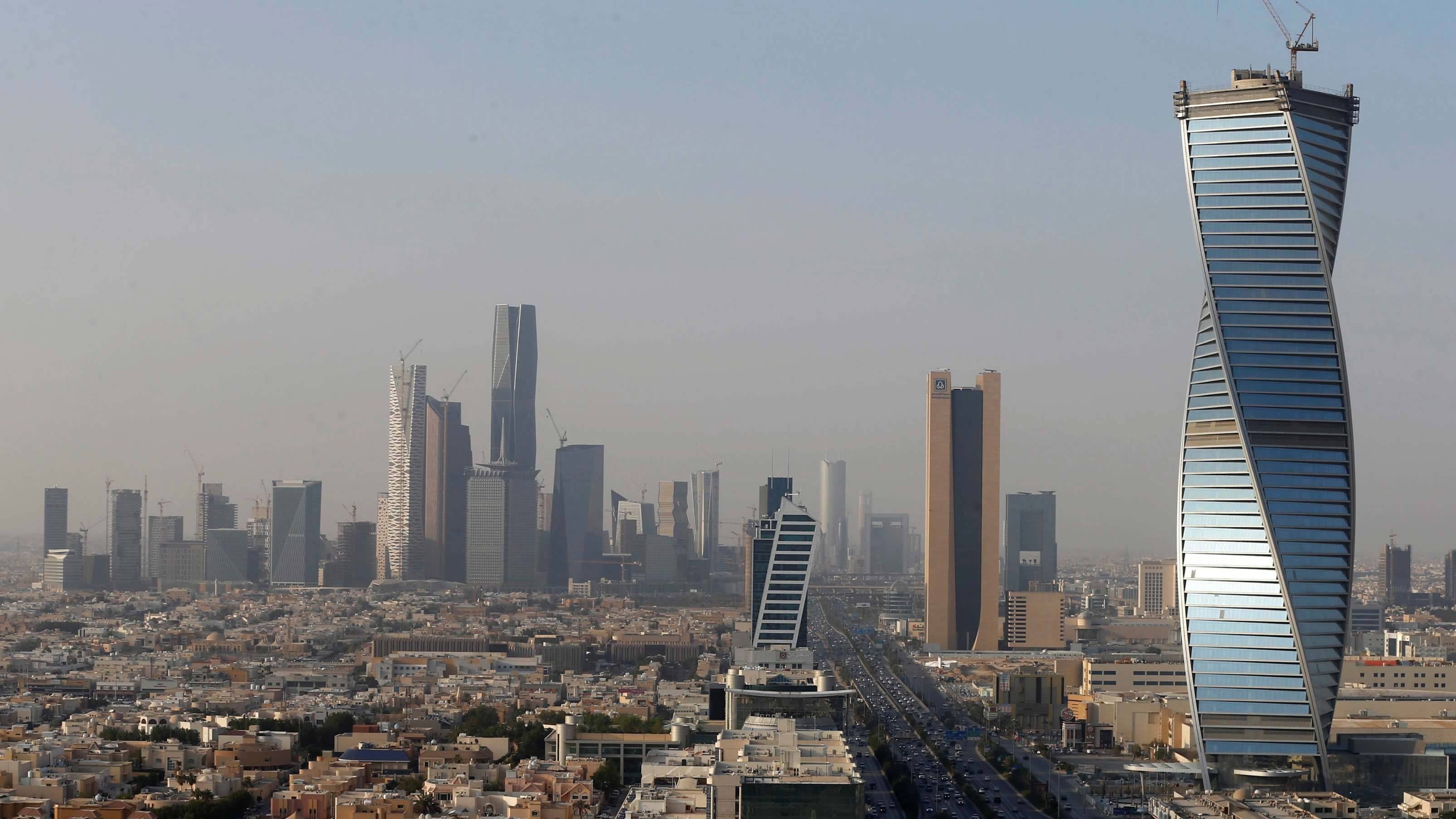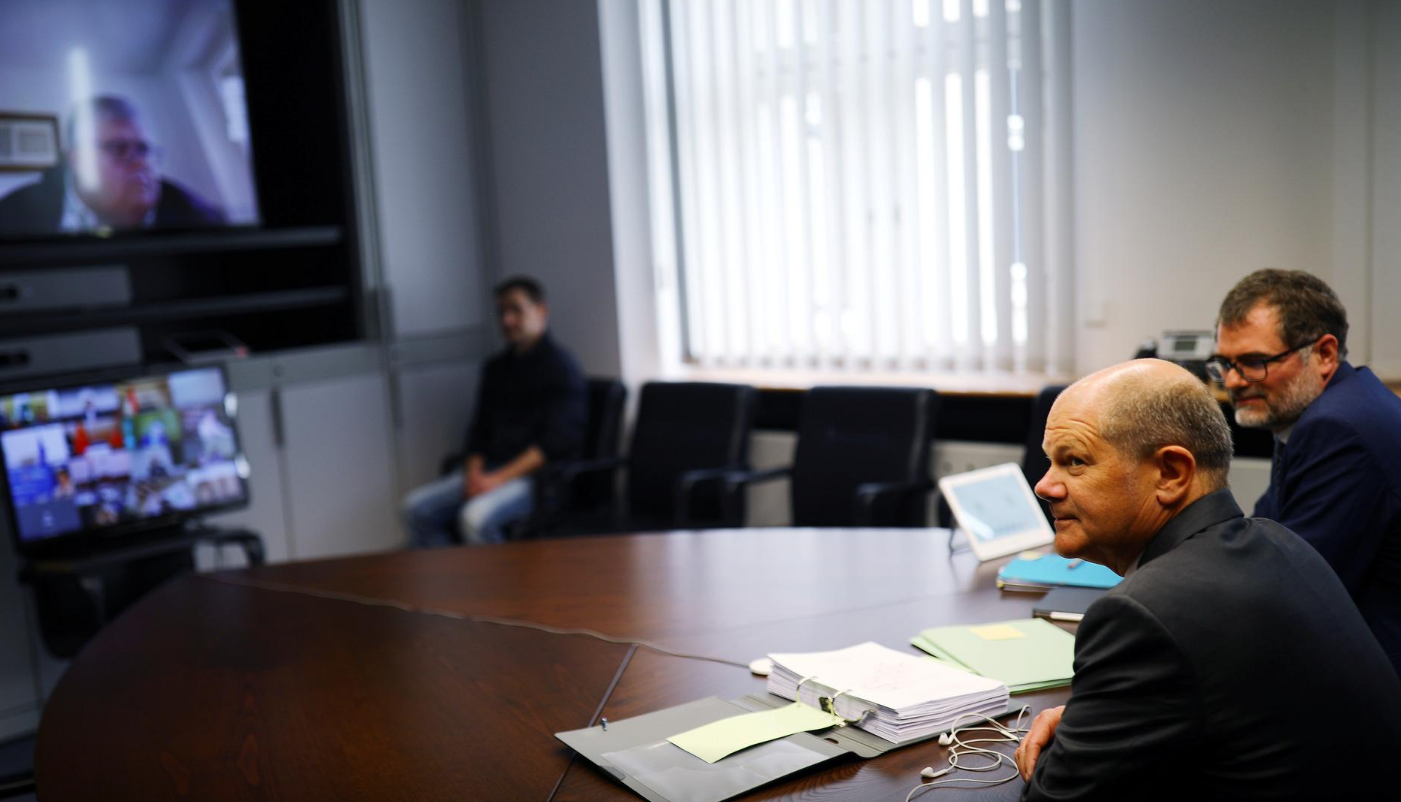
File Photo: Agencies.
On November 21, the Kingdom of Saudi Arabia, which assumed the G20 presidency in December 2019, will be hosting the 15th G20 summit in the capital Riyadh. This summit comes amid the alarming second wave of the COVID-19 pandemic that necessitates quick and tangible financial solutions to the world economy as it disproportionately affects poorer nations.
The chair of the summit is Saudi King Salman bin Abdulaziz, and it will be guided by the principle of "Realizing Opportunities of the 21st Century for All." The theme can be further subdivided into three main aims of the conference – the empowerment of people, safeguarding the future of the planet and shaping new frontiers. There is hope that the optimism envisioned translates into tangible solutions for the world economy and not fall prey to political rivalries as was the case in the lead-up to the summit.
Prior to the discouraging trends last month, positive developments and optics such as the emergency summit in March this year took place. G20 leaders spearheaded by Saudi Arabia planned on coming up with a joint global response to the pandemic and exploring solutions aimed at tackling the pernicious effects of the virus on the global economy that include a drop in income levels and a record rise in unemployment.
The video conference also resulted in the expression of joint will between all economic powers to chart a roadmap aimed at minimizing the social and economic damage wrought by the pandemic. There was also consensus on assessing gaps in pandemic responsiveness and an increase in funding for research and development in vaccines and medicines that has been one area in which member states have shown great interest in the past.
With such positive optics however, come looming threats to the summit's outcome. Unwarranted narratives were already peddled at an inopportune time in October 2020 when the European Parliament passed a resolution censuring Saudi Arabia for its human rights record, particularly its perceived treatment of immigrants and detention of human rights defenders.
The timing of this resolution is worrisome, given that a month prior to the summit, European Union member states were already mulling options of relegating their diplomatic representation at the summit, jeopardizing the prospect of reaching a holistic, tangible solution to the world economy once the summit commences. Such calls are taking place despite the fact that the continent is one of the worst affected regions in the world during the second wave of the coronavirus.
Such resolutions also imperil the monetary aspect of the summit's scheduled negotiations given that Europe, with some leading economies in the world, confronts an International Monetary Fund already calling for the doubling of its funds to $2 trillion. Any attempt to denigrate Saudi Arabia has direct implications for multilateral frameworks and funding solutions given the sensitivity of the issues at hand. The global economy can ill afford such polarization at yet another global forum.

Participating officials wait for the start of a video conference of G20 finance ministers and central bank governors, April 15, 2020. (Photo: Reuters)
Similar developments took place in the United States, where 45 congressional legislators urged the Trump administration to boycott the summit over human rights concerns in a letter sent to Secretary of State Mike Pompeo.
This subjective criticism over human rights is controversial given that the United States under the Trump administration itself has witnessed severe human rights violations in the form of racial profiling on its shores.
The United States has also come under fire for its lack of commitment to multilateralism, denigration of collective global efforts to fight the pandemic and its ability to resuscitate the global economy, which makes the criticism of its participation in this summit contentious. Ironically, the summit will be debating subjects such as gender equality and women's rights, challenging the assertions made by U.S. lawmakers averse to Saudi leadership.
This is a crucial event for Saudi international diplomacy, where the Kingdom seeks to accommodate instead of polarizing states during the pandemic for which a state such as the United States ravaged by human rights violations internally is unfairly castigating. Such assessments are subjective, based on double standards, and also hypocritical.
From an international relations perspective, the opportunities that this summit has to offer, are way beyond gender equality and human rights. It acts as a platform for states which have had differing perspectives on economic stimulus strategies to synergize their narratives for global peace and security. One example is the United States and China who can potentially address their differences through dialogue and chart an innovative strategy as the two largest economies in the world with far-reaching implications for the world population.
Common ground, if reached, can also thwart early criticism directed at G20 member states for failing to come up with a prompt response to the initial stage of the pandemic as was witnessed during the post-2008 global financial crisis. In the words of the European Commission President, Ursula von der Leyen, when her continent needed an all-for-one spirit, too many gave an only-for-me response.
This summit can ill afford such a response which will have a strategic impact on exports of critical medical goods, the opening of borders, technological exchanges and the movement of food and healthcare facilities across the globe. Thus, it would be worthwhile to pay heed to Chinese President Xi Jinping's remarks in March when he urged G20 countries to cut tariffs, remove barriers and facilitate unfettered trade. This is what the Riyadh G20 Summit is expected to accomplish.


